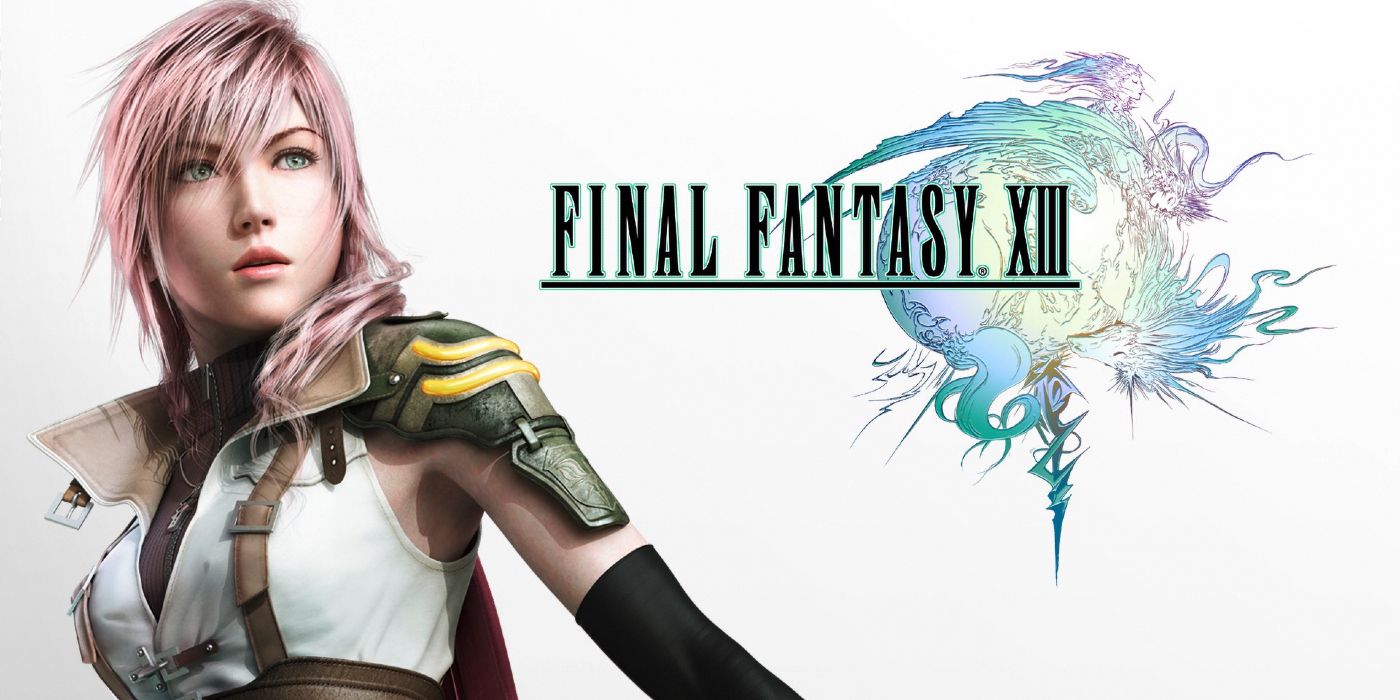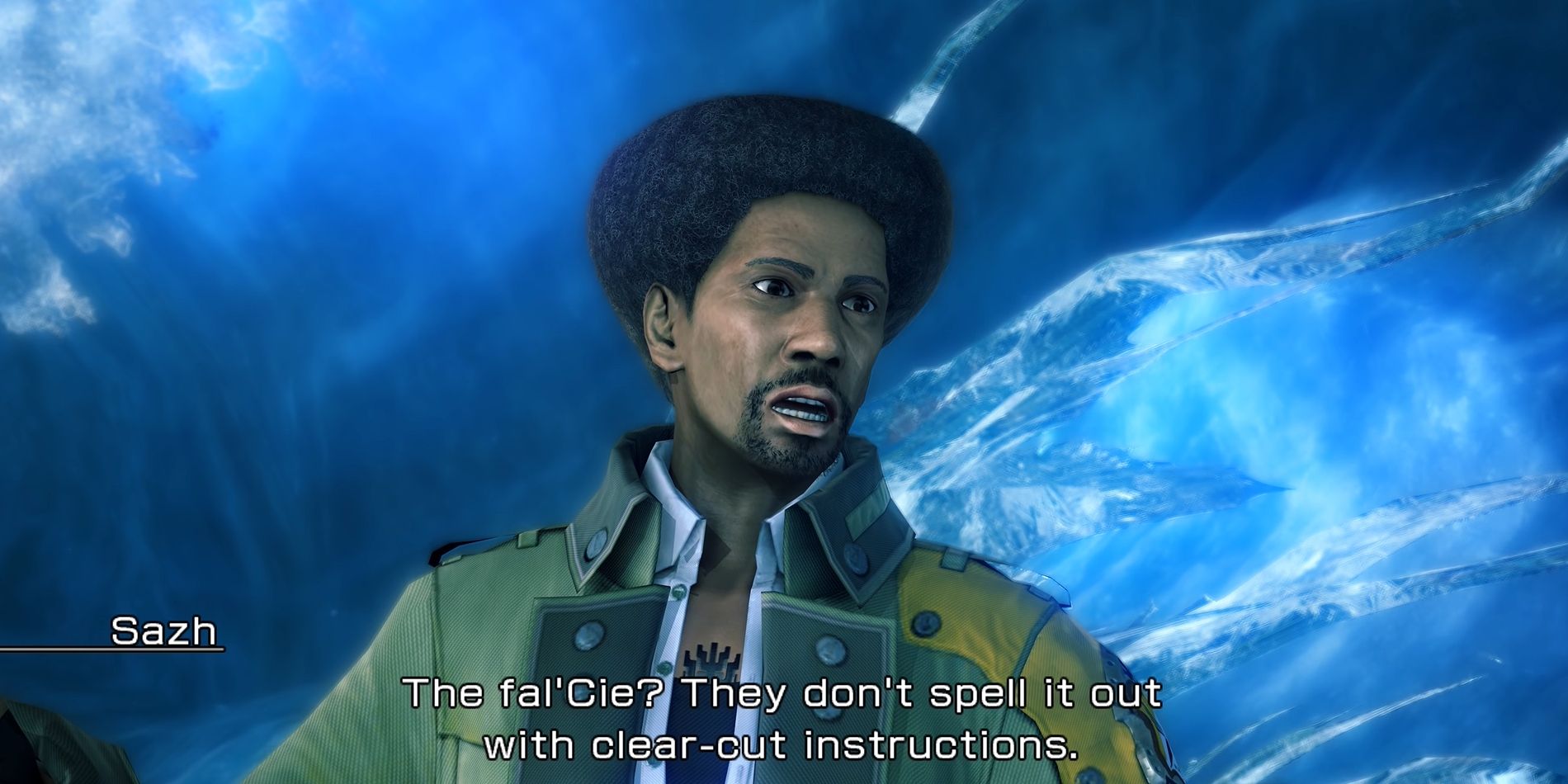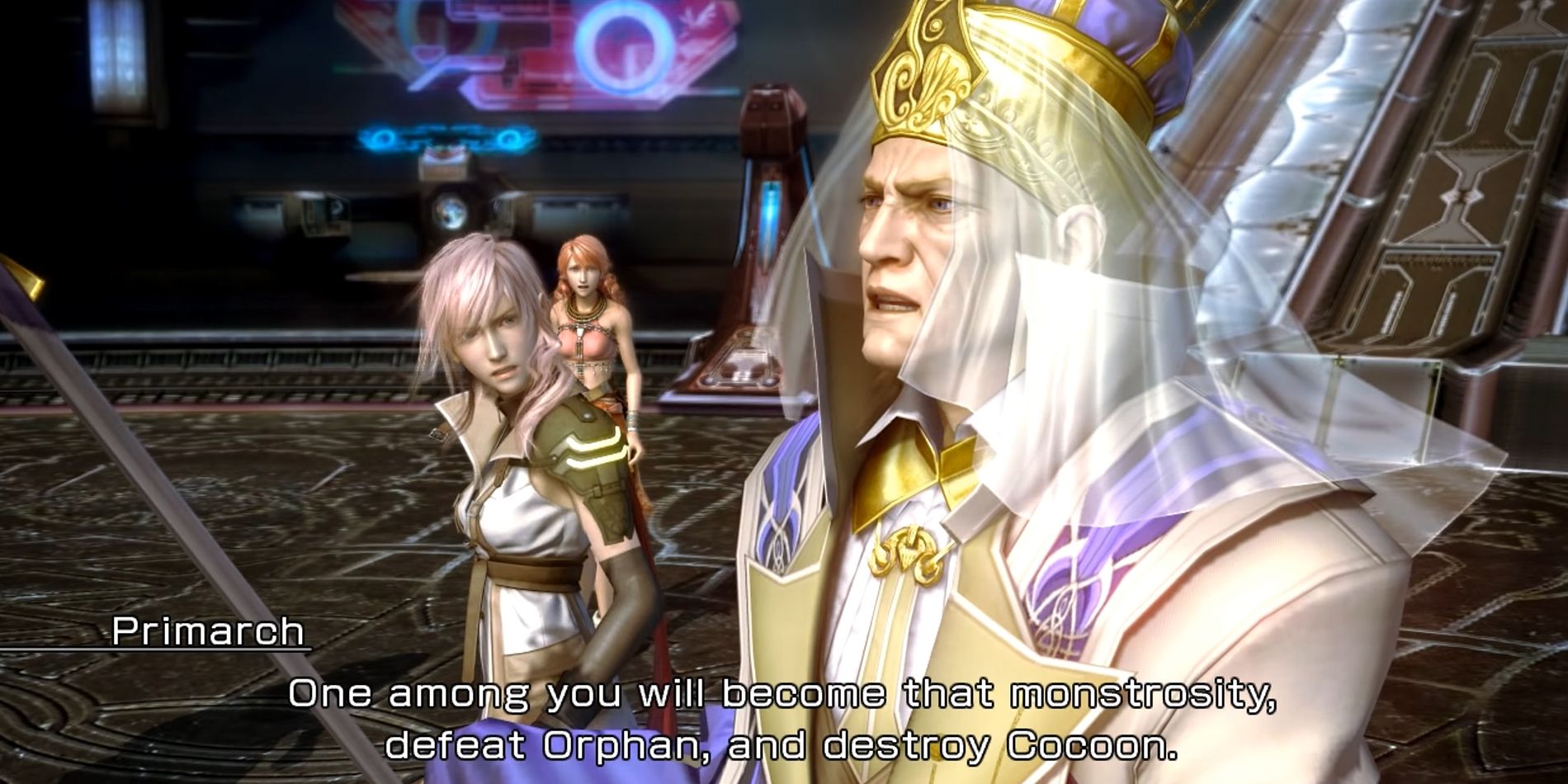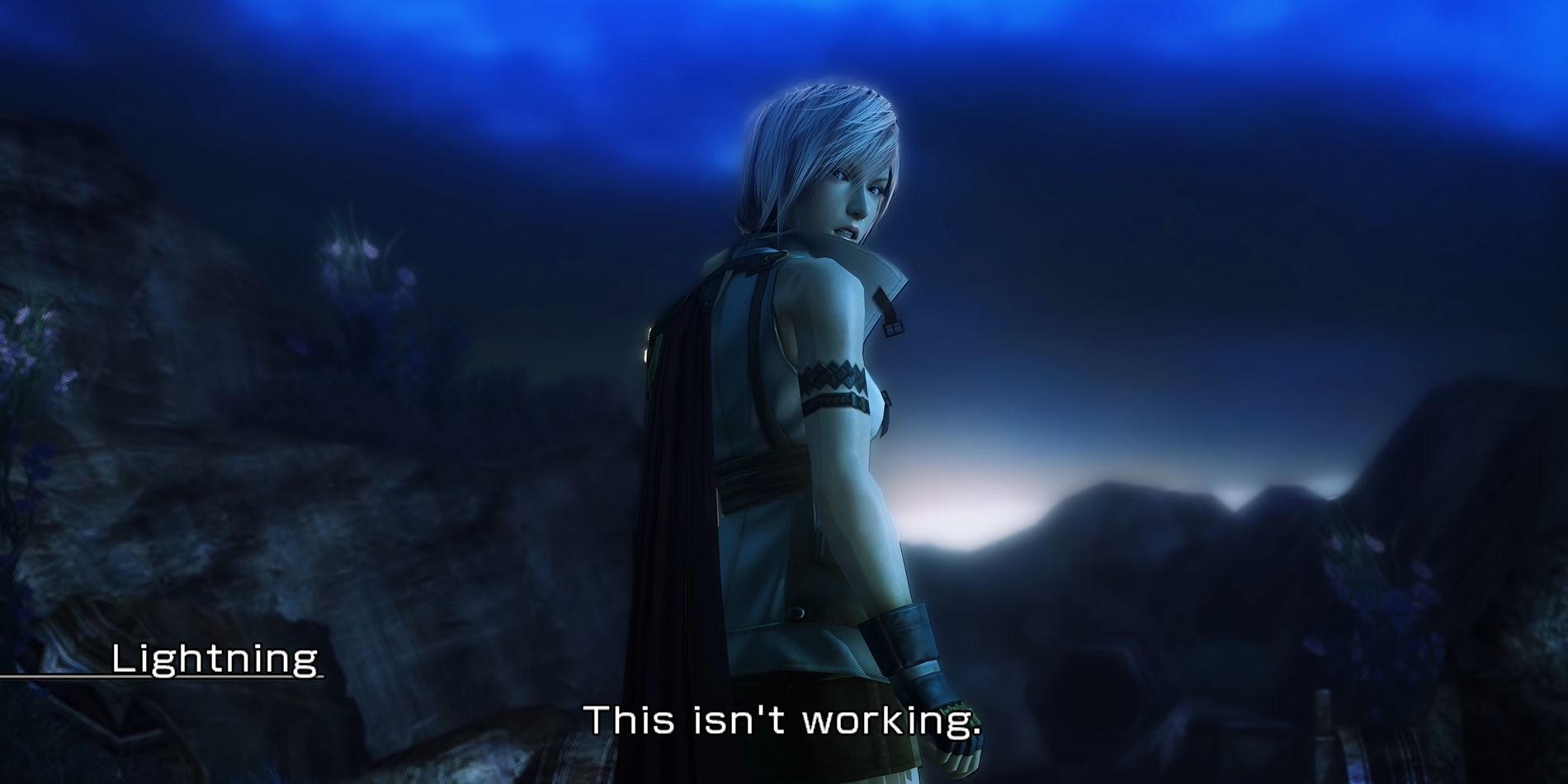It's not for nothing that Final Fantasy XIII has long been regarded as the series' most controversial entry. From its infamously linear design to its poorly-conveyed narrative and self-defeating upgrade system, criticisms of the game are in no short supply. While some attempt at vindication has been made by diehard fans, it's not enough to redeem it in the mainstream consciousness.
Despite its initial success, popular opinion split quickly, and director Motomu Toriyama remarked that reviews were worse than expected of a mainline series entry. While no game is perfect, fans shrugged off the errors of past titles because the whole product still entertained them. By contrast, despite promising ideas, XIII is so riddled with flaws that it's still hard to look past them all.
Final Fantasy XIII's problems began long before the game was finished. It was announced as part of Square Enix's planned Fabula Nova Crystallis. Inspired by the series' older titles, Motomu Toriyama sought to craft his new multiverse "like a fairy tale that gets passed on" across different settings. Unfortunately, he failed to recognize that the simplicity of fairy tales is what makes them enduring. Final Fantasy, by contrast, has a reputation for complication, and XIII was among its worst offenders.
What's baffling, however, is that it didn't need to be. The game is set on a space station called Cocoon, whose inhabitants are exploited by the godlike fal'Cie. The inevitable humanist rebellion will be familiar to anyone who's played a JRPG, but it's often hard to recognize through the fog of contextless jargon. Instead of weaving their definitions into the narrative, however, XIII handed players an in-game glossary and told them to do their homework in between cutscenes.
This was further hampered by poor pacing and inconsistent rules. Much has been made of the game's linear structure, but it might've been forgivable had the writing been compelling. The fal'Cie only being able to communicate in nightmarish visions could've been a uniquely Lovecraftian take on the series' formula, but it was immediately undermined by their leader suddenly conveying his demands in plain English. Contradictions like these left many players feeling lost and confused.
Compare that to Final Fantasy's original crystal mythos. Games like IV and V were hardly narrative powerhouses, but their colorful worlds and melodramatic scripts meant players always had a sense of what they were doing and why. Each game's archetypes helped convey big ideas instantaneously, and their lack of indulgent technical terms ensured no one got left behind.
To its credit, XIII is pretty enough to keep up with its modern brethren, but it's all style over substance. The world itself feels hollow, and its heroes are so mired in solemnity that, for all their shiny textures and expensive-looking models, not a single one says anything as wacky yet humanizing as "You spoony bard!" Even when the tone finally lifts, there's been so much miserable bitterness between the heroes that they simply don't feel as unified as the less realistic but far more entertaining parties of the series' golden age.
Those older games also had a better approach to character progression. Final Fantasy has always had wonderful jobs, with classes like Ninja, Black Mage and Geomancer offering the freedom to build the party of one's dreams. XIII tried to resurrect that diversity, but barely achieved a fraction of it. The new combat system has only six roles, and characters being able to swap between them on the fly kills any chance of making them feel unique.
To make matters worse, the game stunts player growth. Upgrade levels are restricted until certain bosses are beaten, and they max out sooner for some characters than others. What this practically means is that, even when XIII opens up, players will have spent so much time investing in everyone's primary roles that there's no reason to develop their mage's newly-unlocked melee prowess.
By contrast, upgrade systems like X's Sphere Grid offered far more flexibility. Their size and range of skills meant players had to truly think about what to invest in. While it was often more efficient to follow the pre-set paths, it was still possible to break into other allies' grids and add their skills to any given hero. This could lead to some truly outlandish combinations, whereas XIII's protagonists end up with few defining features beyond their character models.
Final Fantasy XIII is so disappointing because it had so much potential. The world is gorgeous, resurrecting the class system was a great idea and the eldritch overtones could've made for a unique science-fantasy horror story. The pieces of greatness were all there, but they were assembled in completely the wrong order. To give its defenders their due, it does indeed get better after 20 hours. The unanswered question, however, is why any game should make a player wait that long to have fun.




